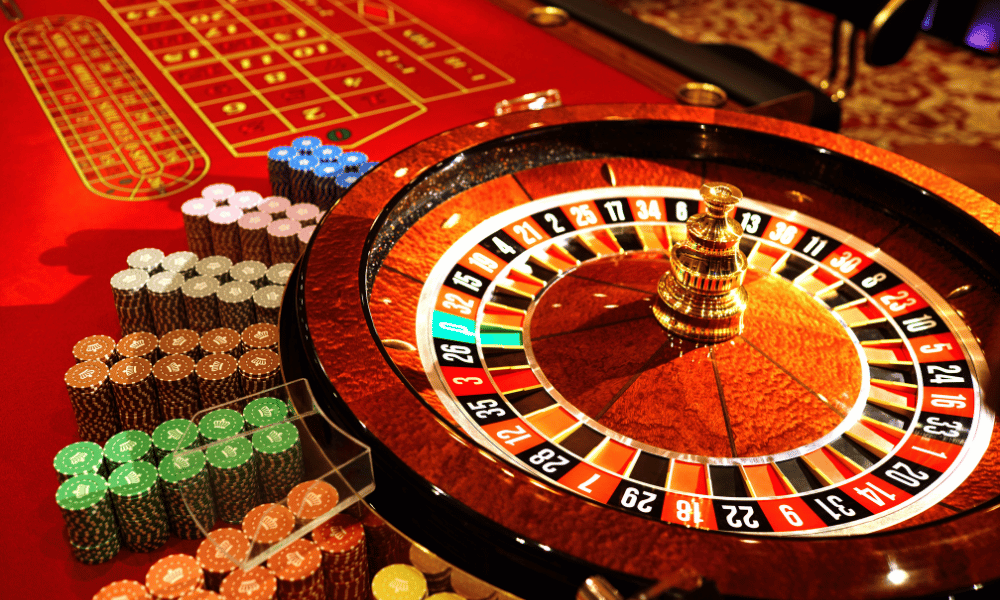Video games have long been at the center of debates around screen time, addiction, and social isolation. But in recent years, researchers and players alike have started asking a more nuanced question: Can video games actually support mental well-being?
The short answer? Yes—with conditions.
Let’s explore how gaming can both benefit and challenge mental health, depending on how it’s approached.
The Positive Side: Games as Emotional Outlets
Many modern games offer safe emotional release. Whether it’s the meditative experience of building a town in Animal Crossing, the problem-solving satisfaction of Portal, or the soothing exploration of Journey, games often serve as a form of relaxation, escape, and creative expression.
They can:
- Reduce stress through immersion
- Improve mood via rewarding mechanics
- Provide social interaction through multiplayer
- Promote mindfulness in slow-paced or artistic titles
Some titles, like Celeste or Gris, even intentionally tackle mental health themes, inviting players to explore anxiety, grief, and self-acceptance through gameplay.
Social Connectivity Through Gaming
Especially in the wake of global isolation during the pandemic, online games have become virtual social spaces. Multiplayer titles like Fortnite, Among Us, or Valorant allow people to stay connected, build friendships, and share achievements—even from a distance.
In some cases, gaming communities provide a deeper sense of belonging than traditional social settings, particularly for individuals with anxiety or neurodivergence.
The Caution Zone: When Play Becomes Problematic
That said, not all gaming is healthy. Excessive or compulsive gaming can contribute to:
- Sleep disturbances
- Sedentary lifestyles
- Social withdrawal
- Anxiety from competitive environments
The key is balance. Gaming in moderation, with an awareness of emotional triggers and screen fatigue, is essential. Parents, educators, and developers are increasingly promoting tools like time limits, mental health checkpoints, and “screen breaks” to support healthier play.
Therapy Through Game Mechanics
Interestingly, therapists are beginning to use games in mental health treatment. From VR experiences for PTSD to strategy games that build cognitive flexibility, gamified therapy is emerging as a promising field.
Apps like Happify and SuperBetter even turn emotional resilience and habit-building into interactive quests.
Final Thought
Video games aren’t inherently good or bad for mental health—they’re tools. Like any tool, the impact depends on how they’re used. With mindful play, community support, and smart design, games have the power to not only entertain but also heal, connect, and uplift.
And as gaming continues to evolve across genres and platforms, so do the ways we engage with them—from calming single-player stories to dynamic, chance-based platforms like oleng togel that add yet another layer to the psychology of play.




Leave a Reply